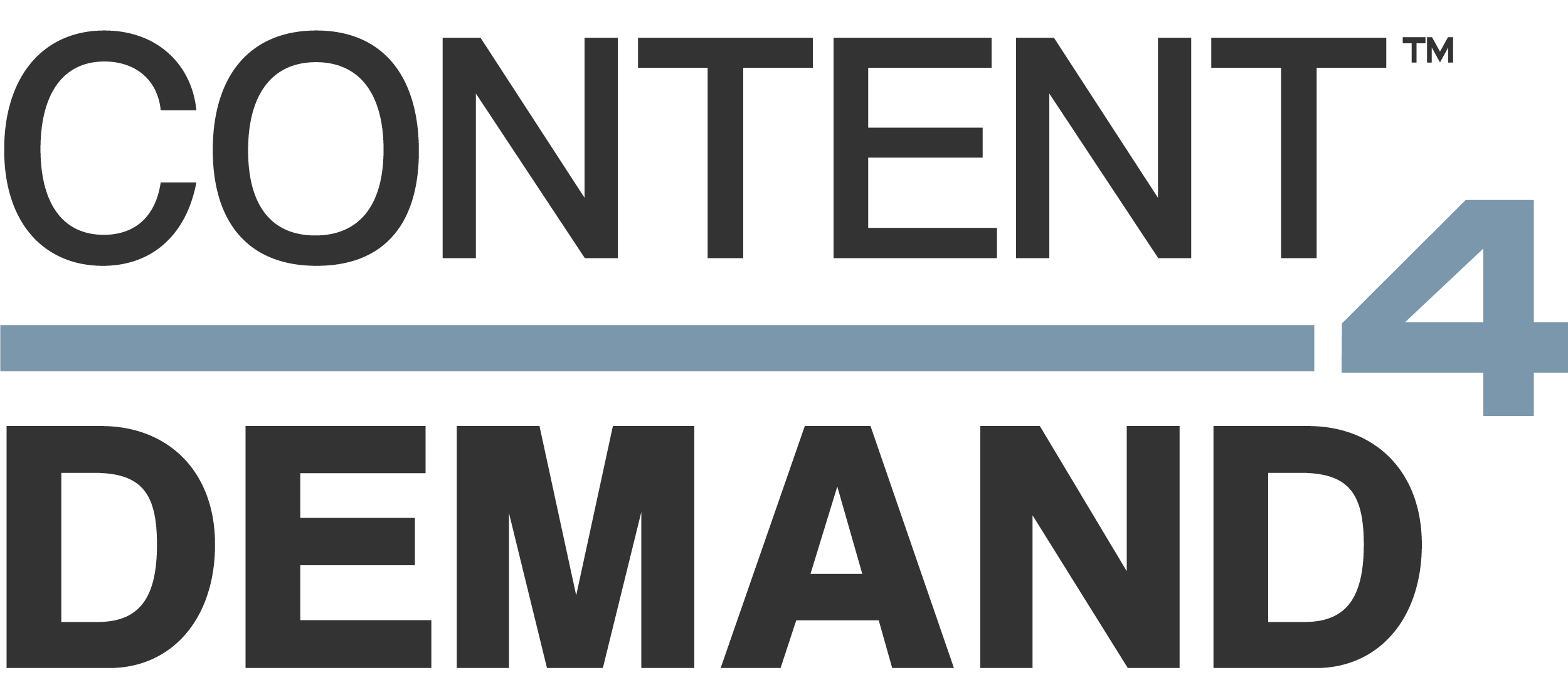You’ve probably heard stories about content agency relationships that didn’t go as planned. But there are many more stories about organizations who thrive as a result of expanding their bandwidth, tapping new expertise and focusing on big-picture strategy.
If you’re not prepared to manage the relationship, it’s easy to assume that the agency wasn’t up to the task or that outsourcing was a bad idea. But it’s worth asking whether or not you’re setting yourself up for success with an outside partner.
The truth is that you can avoid many of the stumbling blocks that get agency relationships started down a bad path. Here are five ways to ensure your own success with a content marketing agency.
Share Your Marketing Plan
The best agencies are adept at understanding and communicating your brand voice and applying—sometimes even elevating—your design style. But you can’t just hand over your assets and expect an agency to hit marketing objectives you haven’t been clear about.
Share the relevant portions of your marketing plan with your agency partner. They need to understand both what they’re producing and why they’re producing it. And when they have the full picture that shows where the assets sit in relation to the rest of a campaign, they’ll be better equipped to respond with the strategic content to meet or exceed your KPIs.
Define the Workflow
You may know your own standard operating procedures inside and out, but a brand-new agency partner won’t. A clear discussion at the outset makes sure that both parties understand how the content development process will unfold.
You might want to hand off the content brief and let the agency do its magic, but they’re going to need your input. Draw their attention to the processes you build into content creation and approvals. Let them know if there are multiple stakeholders who’ll need to review the content, including the legal department.
Build these things into the production calendar so that no one is caught by surprise that a key reviewer is on vacation or the legal approval process is likely to stall the workflow for a week.
If campaign deadlines are tight, discuss the lead time you’ll need to meet your objectives. You might want the content ready three weeks before campaign deployment if you need to share it with a social media team to develop promotions in advance. Make sure your agency is aware of these schedules from Day One.
Set Realistic Expectations
In addition to timelines, marketing objectives and expectations for the content itself, it pays to talk about what you expect from your relationship. Talk about the extent to which you want to collaborate in the process and how you’ll do that. Some clients want weekly meetings with agency content teams to keep tabs on the process while others prefer to get involved only as necessary. Spell things out to make sure everyone is on the same page.
You may want to hand over the content brief and wait for the magic to happen, but your agency will need your input and resources at regular intervals. Planning ahead can make the process easier for everyone.
Share Relevant Materials
The sooner you share the things they’ll need to get started, the closer you are to success. Make sure your agency has access to source materials and subject matter experts. Introduce them to the stakeholders they need to know. Onboard them into content portals or any other tech platforms you’ll be using as the process unfolds.
More isn’t necessarily more. If you turn this into a data dump, it will be difficult for your new account team to interpret your priorities. Select specific resources they’ll find valuable and tell them what they’re looking for in each.
Building a Strategic Relationship
As with any new relationship, it will take a little time for everything to work like clockwork. But preparing your team and your agency partner can reduce the “get to know you” phase. From there, you can feel more confident that your agency is prepared to do great work on your behalf.
Holly Celeste Fisk
Holly Celeste Fisk is an accomplished marketing pro with 20+ years of experience in B2B and B2C. She’s responsible for Content4Demand’s internal marketing efforts, managing everything from content creation and email marketing to events and sponsorships, blog publishing, website management and social media presence. When she’s not working, you’ll find her sliding into third at softball, buried in a book or practicing her Italian.



